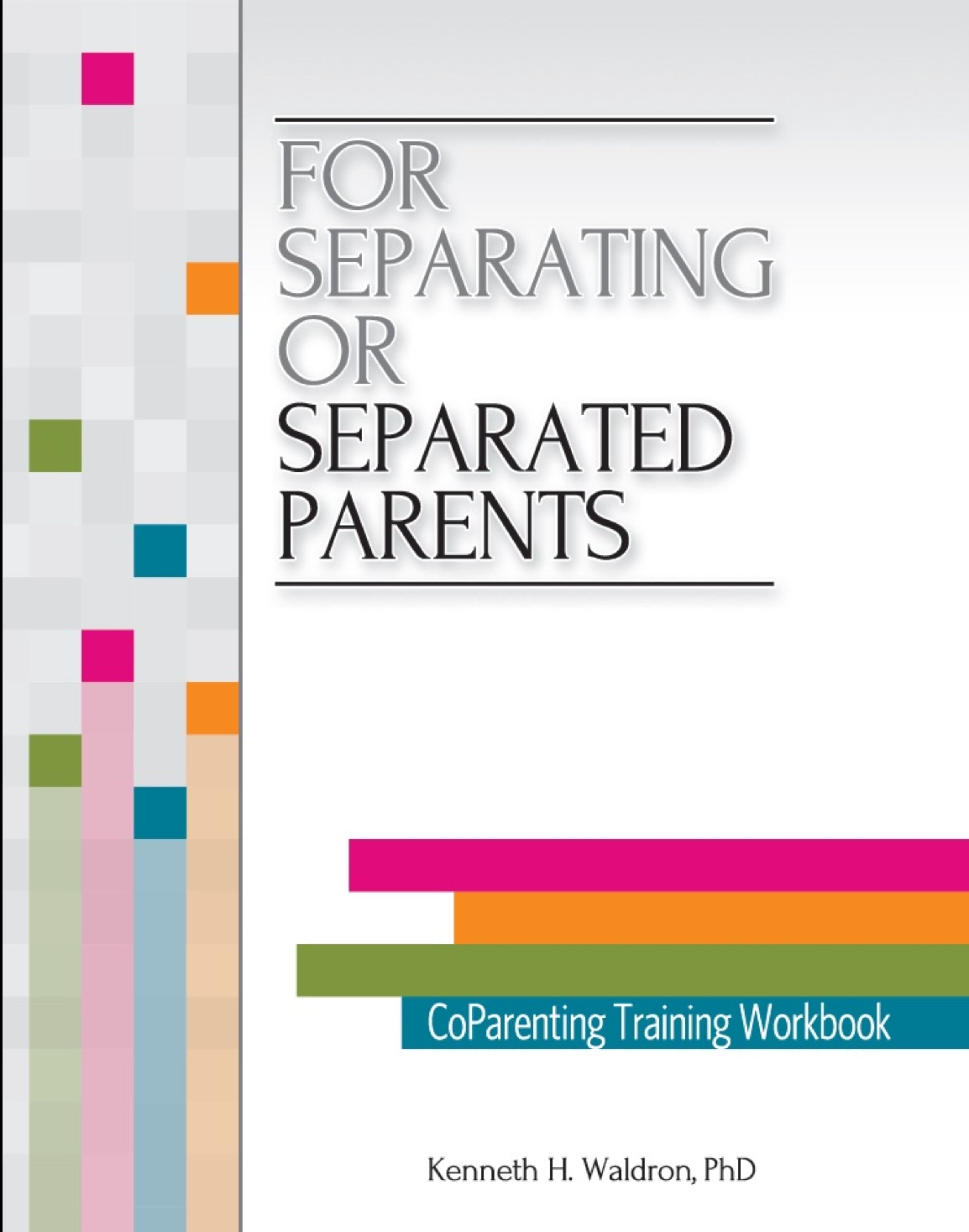Have Goal Based Standards for Success!
Originally published on their website blog: The Divorce Doctors
See: www.thedivorcedoctor.net for more…
In a prior post Don’t be Tricked, we pointed out that the traditional family law system lacks a customer focused strategic intent and value proposition that helps divorcing parties develop a plan for reaching long term family and financial goals. Therefore, parties and their attorneys must focus on developing such a plan in negotiations, by cooperating.
The first step is to have a clear and shared understanding of the long-term goals of both parties, before taking positions on the legal outcomes. The second step is to develop a plan that aims at achieving those goals for both parties. If there are disagreements about the plan, the third step is to resolve disagreements in a manner that optimizes the solution for both parties.
Another “trick” of the traditional family law system is that the only standard for measuring the negotiated settlement is whether or not the parties settled on the legal outcome. There are vague, and possibly interfering standards, such as an equitable division of property or the best interests of the children, but there is no measure of whether or not the plan is a good one. Research identifies five meaningful standards, that parties and their attorneys can apply to the negotiated settlement.
Standards of Measuring Settlement Success - The Five E’S
The Five E’s are: Educated, Effective,Equitable, Equilibrant and Envy Free. These Standards are derived from the branch of mathematics in which John Nash worked: Game Theory, and are briefly defined below:
Educated: Through the process, the attorneys have educated their clients with regard to financial issues, such as tax implications, and child issues, such as the social science research that predicts healthy outcomes for children.
Effective: The settlement agreement on legal outcomes accomplishes what the parties are trying to accomplish – a structure that begins the Plan to reach life goals.
Equitable: The settlement agreement is generally fair to both parties, especially taking into consideration the subjective values. The settlement might not seem equitable when solely taking into consideration of the objective values, but when both the objective and subjective values are considered, it might not only be deemed fair but also deemed very fair to both parties.
Equilibrant: This is the most technical Standard. Does the settlement agreement represent the maximum potential for both parties, or could it be improved, at least for one if not both parties, without hurting the other party? For example, might a child specialist or an accountant be able to structure the settlement agreement, better for the children, saving taxes, and the like? The goal is to optimize the plan for both parties.
Envy Free: Most divorcing parties can accept some losses, both with regard to financial matters and parenting. A settlement package is envy free when neither party would trade his or her package for the package of the other party.
These standards set the stage for measuring the success of the planning process. If the above Standards (meaning the Five E’s) are not met, then the parties and their attorneys should go back into negotiation in order to meet these Standards.
The take-away is a simple one: work towards a high quality plan and judge that quality by the Five E’s, not just whether or not the case settled.
Allan Koritzinsky, JD, is a retired partner with Foley & Lardner LLP in Wisconsin. Mr. Koritzinsky focused his law practice on divorce law, alternative dispute resolution and has authored or co-authored numerous articles and books and lectured in lawyer and judicial continuing education seminars throughout his career.
Kenneth Waldron, PhD, is a clinical psychologist in Monona, WI. Dr. Waldron has published research on topics related to children of divorce and provides training to judges, lawyers and mental health providers in the U.S. and internationally. He provides forensic services, including custody evaluations and expert testimony on divorce-related issues.
Dr. Waldron and Mr. Koritzinsky are co-authors of the following books:




